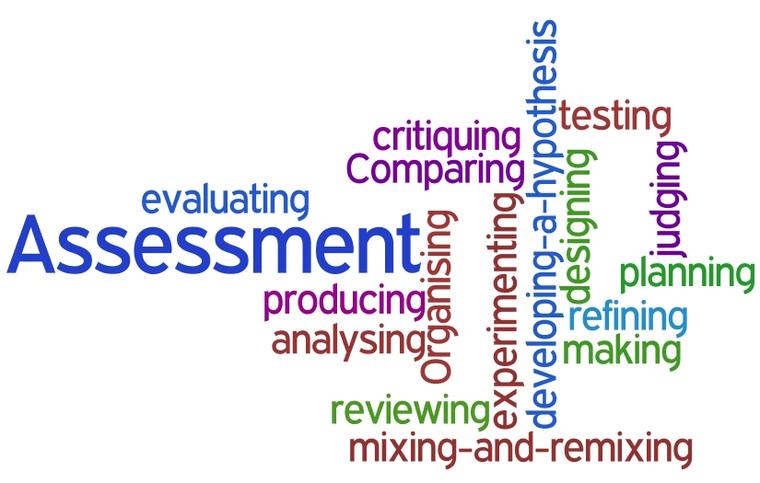Why Do Companies Do Assessment Testing?
A 2014 CareerBuilder survey revealed that 58% of employers have caught a job applicant lying on a resume. The lies range from changing the employment dates on job history to lying about an academic degree and everything in between. The most common lies found were embellishing skill sets and responsibilities. While thorough background checks can detect many of these lies, some are impossible to find out about until the applicant is already on the job. Enter assessment testing.
Assessment testing is a great tool for employers who want to delve deeper into the psyche of an applicant to find out their personality traits. They can also prove or disprove if the applicant truly possesses the skills they say they do and give a broader picture of their aptitude. Additionally, many are designed to act as a predictor of future job performance.
Common Assessment Tests
There are a wide variety of assessment tests available and depending on the position you are applying for, you may be asked to take any number of them. Five of the most common include the following:
Job Knowledge Testing is one of the more common tests administered by employers when the position calls for specialized or technical knowledge. For instance, if you apply for a position that requires an advanced understanding of Excel or PowerPoint, you will likely be asked to complete some exercises that show your level of understanding.
Personality Tests are often used as a way for employers to gauge an applicant’s reactions to situations that may occur in the workplace. They also help in determining if the applicant is the right fit for the company culture. You can expect to have situational questions on these tests which allow an employer to get an understanding of how you approach stressful conditions, your leadership qualities and overall emotional stability. If you’re applying for a position that requires a high level of customer interaction – such as a customer service representative or sales person – you will likely be required to take some type of personality test.
Integrity Tests are used to assess an applicant’s level of honesty, dependability, reliability and trustworthiness. While these tests often parallel the same objectives as personality tests, they are often straight-laced questions that ask about past behavior.
Emotional Intelligence Tests (EI) are used to determine your ability to monitor your own emotions and how you react to other people’s emotions. These tests consist of five distinct areas: Self-awareness, empathy, motivation, managing emotions and handling relationships.
Cognitive Ability Tests measures overall mental capacities. These include testing verbal, logical and numerical reasoning which can help an employer determine your problem solving abilities as well as your potential to learn.
Advice to the Test Taker
If you are asked to participate in assessment testing as part of the application process, it is important to understand that you are not alone. Applicants at every level of the job spectrum are asked to take these tests. Here are a few key things to remember before taking your test:
- Be honest. There’s really no point to lying. These tests have a specific purpose and that is to see if you are the right fit and if you can perform the job. If you lie, you will be found out once you get the job and you will likely lose that job. Don’t waste your time or the employers.
- Relax. Don’t be overly intimidated by the testing where you end up giving false answers, missing questions or not understanding what you are asked. While these tests are important in the hiring process, they are not the only factor used to determine if you are the right candidate for the job.Take a deep breath and go to it.
- Take the time. If you know the testing takes an hour and you have another appointment right after, you may feel rushed to get through it faster. Take the time you need to focus your attention solely on the testing at hand so that you don’t feel the need to rush through it.
- Read carefully. Read through each question carefully. Don’t gloss over things which can cause misunderstandings and wrong answers.
- Take sample tests. If you know for certain you will be asked to prove your technical skill set, find a sample test online and take it to see how you will do. You can do the same with other personality tests as well. Going through the process on your own beforehand can allow you to see what is involved and hopefully quell your fears before taking the official test with the employer.
Sentinel Background Checks now offers a wide range of assessment testing in addition to its many background check solutions. Call 888-725-2535 today for a free evaluation

